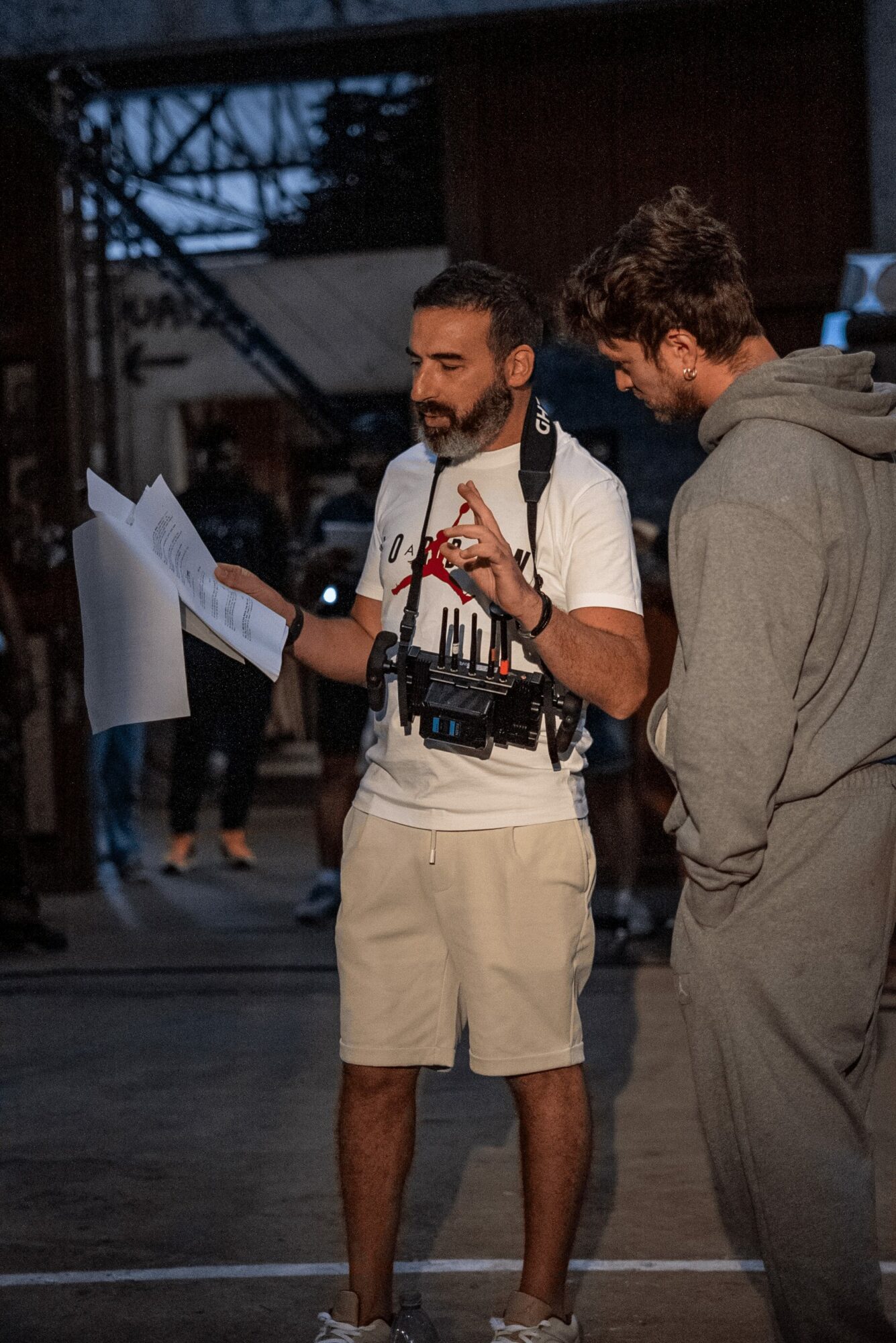

We recently had the chance to connect with Djamel Bennecib and have shared our conversation below.
Hi Djamel, thank you so much for joining us today. We’re thrilled to learn more about your journey, values and what you are currently working on. Let’s start with an ice breaker: What is something outside of work that is bringing you joy lately?
Lately, it’s really just been my daughter. She makes me slow down and be present, which isn’t always easy for me. Even the little moments with her end up feeling big — a laugh, a question that surprises me, or just seeing the world through her eyes. She reminds me that joy isn’t something you chase, it’s something you notice. And in a way, she’s teaching me the same lesson I try to apply in my work: that the smallest details often carry the deepest meaning.
Can you briefly introduce yourself and share what makes you or your brand unique?
I’m Djamel Bennecib — a screenwriter, director, author, and dubbing adapter. For over a decade I’ve been adapting films and series into English for platforms like Netflix, Amazon, Disney+, and more recently HBO and Warner Bros., which means I spend a lot of time giving voices to other people’s stories. At the same time, I’ve been building my own projects — from my short film The King’s Slayer to my memoir At 36, which blends personal storytelling and self-development.
My journey has always bridged Paris and LA, commercial projects and deeply personal work. That balance keeps me inspired, because I believe stories can change not just how we see others, but how we see ourselves. Right now I’m excited about pushing both my creative projects and my teaching forward, while also staying grounded in the things that give meaning to it all — fatherhood, resilience, and the lessons that come with reinventing yourself.
Great, so let’s dive into your journey a bit more. Who were you before the world told you who you had to be?
Before the world told me who I had to be, I was a kid in Normandy who simply loved stories. I didn’t think in terms of careers or titles — I just knew that creating and imagining made me feel alive. I could spend hours lost in films or books, and it never felt like work.
Over time, life pushed me toward stability and expectations — jobs, roles, labels — but at my core I’m still that same kid. The work I do today, whether it’s writing, directing, or adapting, is really just finding my way back to him. Back to that pure joy of storytelling without limits. That’s why I say every project I take on is both a step forward and, in some way, a return.
What did suffering teach you that success never could?
At 36, everything cracked for me. Suffering taught me lessons success never could — like how fragile I really was, and how much strength you discover only after losing the things you thought defined you. Success had given me confidence, but pain gave me clarity. It stripped away the noise and forced me to look at myself honestly.
I realized that achievements, titles, even the validation of others can vanish overnight. What remains is who you are when everything falls apart. That’s not something success prepares you for, but suffering does. It taught me to rebuild on foundations that actually matter: family, health, creativity, and peace of mind. It’s not a lesson I would’ve chosen, but it’s one that changed the way I live and work today.
Alright, so if you are open to it, let’s explore some philosophical questions that touch on your values and worldview. What’s a belief you used to hold tightly but now think was naive or wrong?
I used to believe that time would fix everything — that if I just kept moving, the pain or confusion would fade on its own. I know now that was naive. Time doesn’t heal unless you do the work. You have to face what broke you, sit with it, and choose to grow from it. Otherwise, you just carry the same wounds further down the road.
At 36, I learned this first-hand. For years, I thought if I buried myself in work or leaned on success, the hurt would disappear. But pain has a way of resurfacing — in relationships, in self-doubt, even in your health. Writing At 36 was part of how I confronted that. It forced me to stop hiding from the things I wanted to outrun. Healing, I’ve realized, isn’t passive — it’s active, uncomfortable at times, but ultimately freeing. That’s the belief I live by now.
Okay, so before we go, let’s tackle one more area. If you knew you had 10 years left, what would you stop doing immediately?
If I knew I had 10 years left, I’d stop wasting time on people and situations that drain me. For too long I tried to please everyone, carry toxic relationships, or fight battles that didn’t matter. With a deadline that clear, I’d cut all of that immediately and put my energy only into love, family, and the work that truly excites me.
The truth is, most of us act like time is unlimited. We tolerate things that steal our energy because we think we’ll deal with them later. But if you strip it down to 10 years, you see how precious each day really is. I’d focus on being present with my kids, deepening the relationships that feed me, and creating the kind of work I’d be proud to leave behind. Everything else — the noise, the grudges, the endless pressure — would have to go.
Contact Info:
- Website: https://mybook.to/At36
- Instagram: https://instagram.com/djamelbennecib
- Linkedin: https://linkedin.com/in/djamelbennecib
- Twitter: https://x.com/DjamelBennecib
- Youtube: https://www.youtube.com/@TheKingsSlayerFilm
- Other: https://imdb.me/djamelbennecib
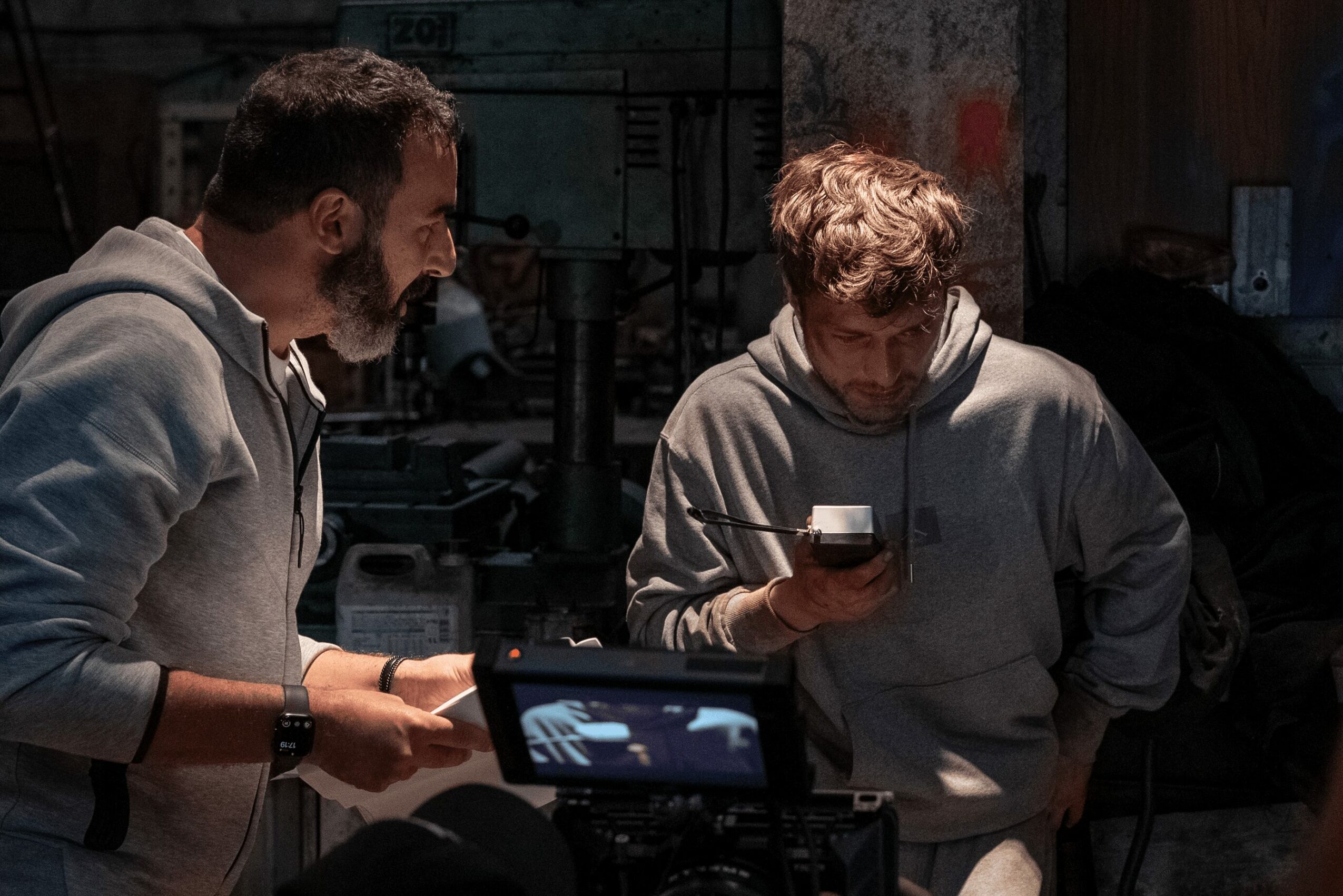
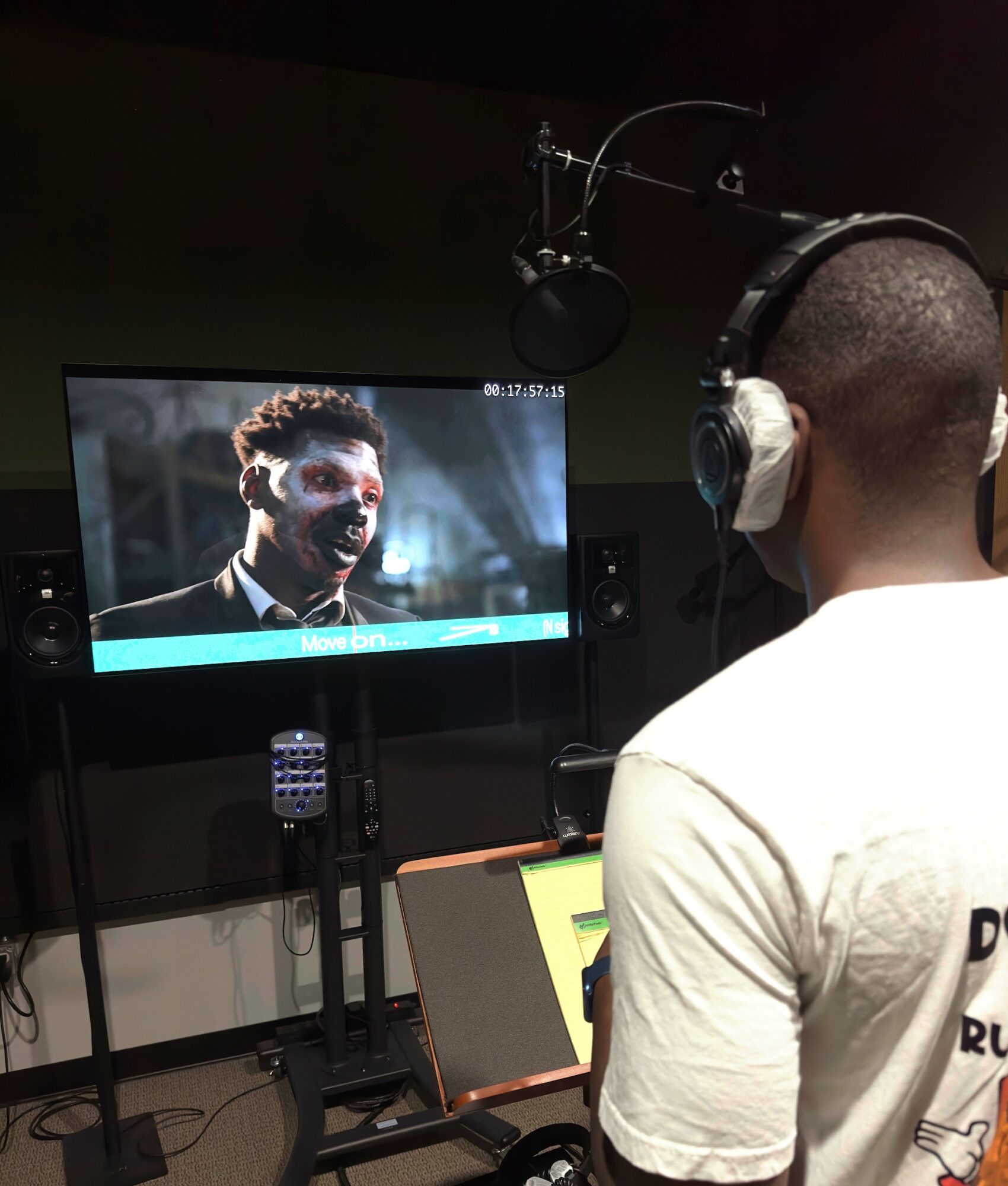
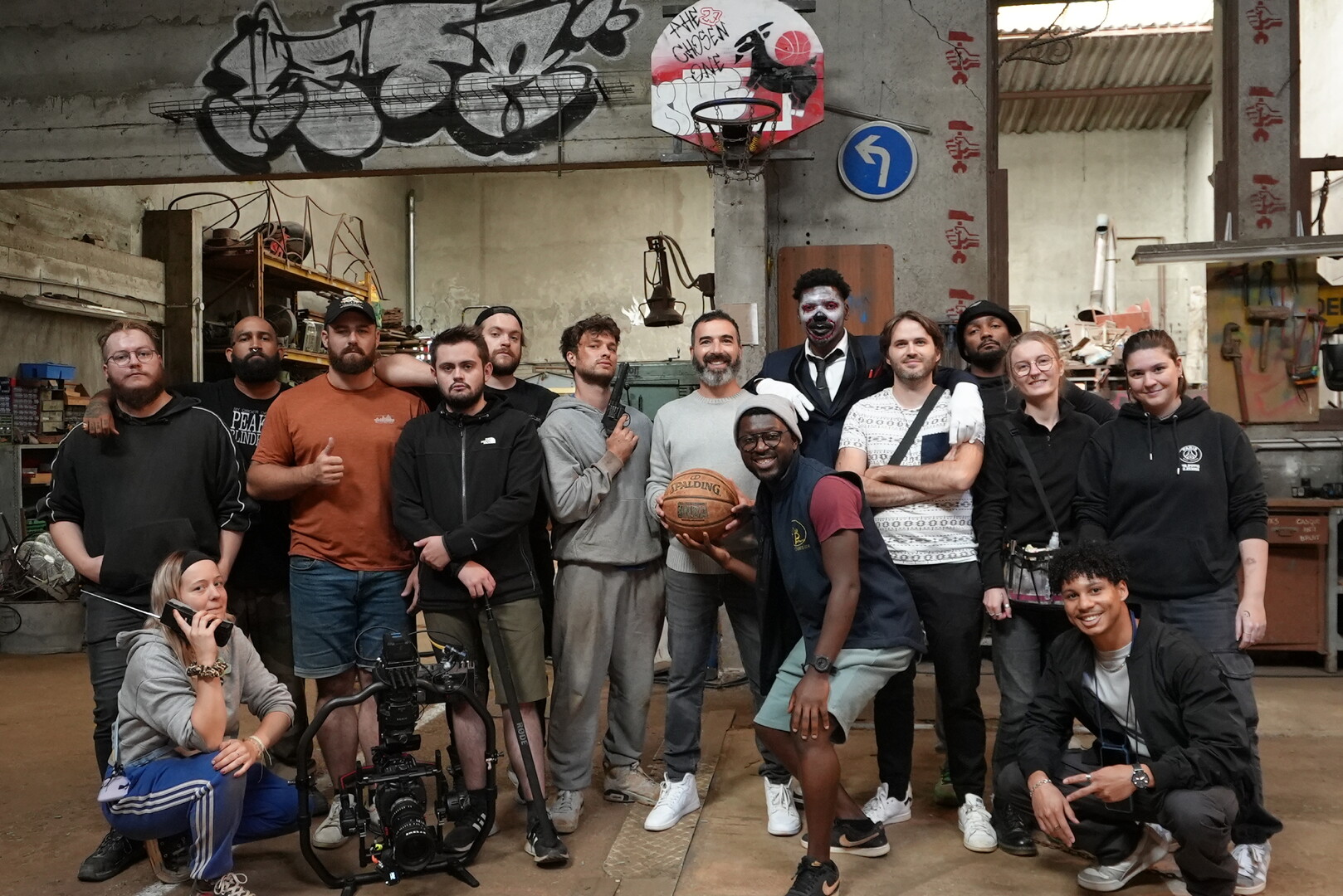
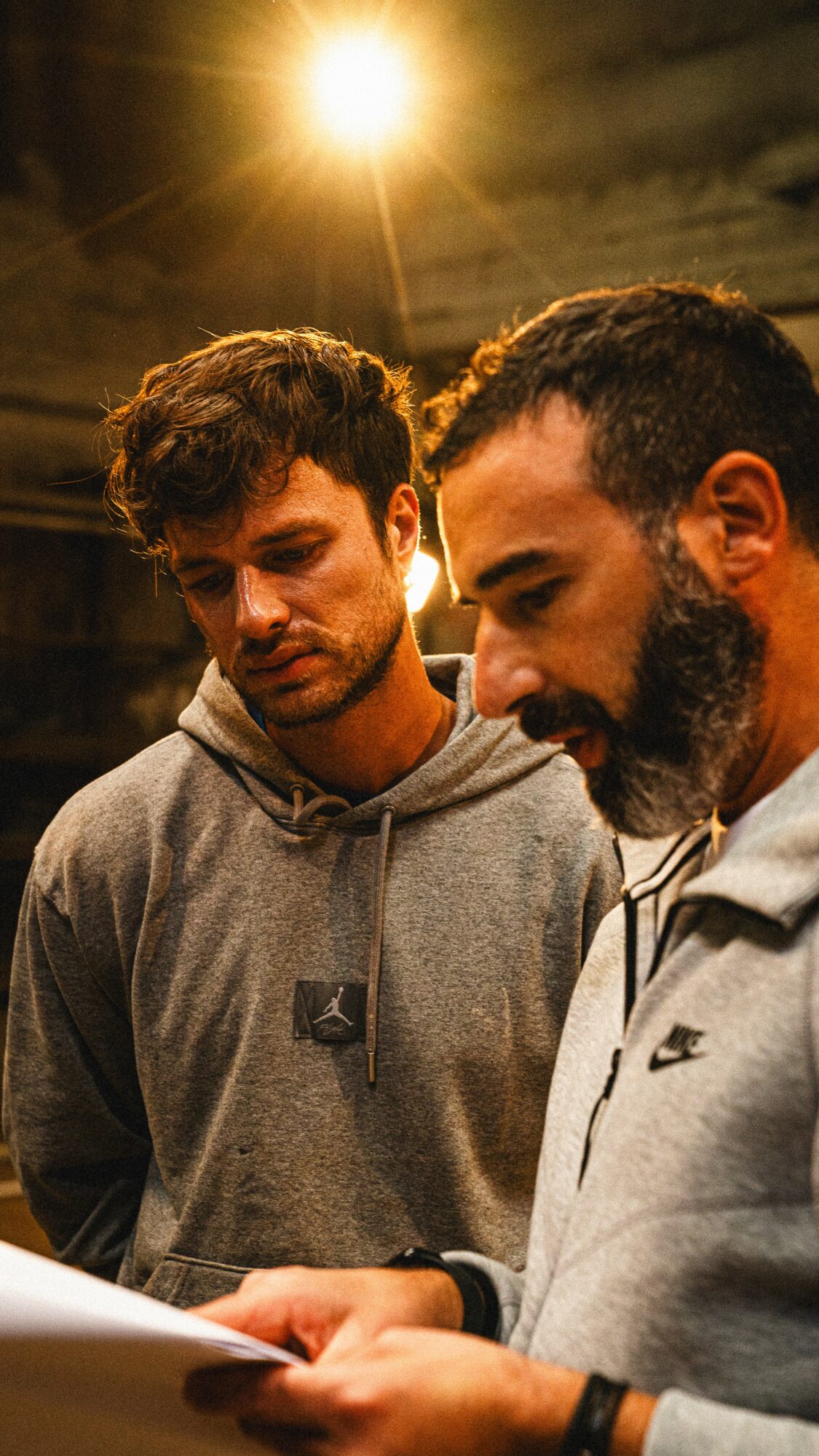
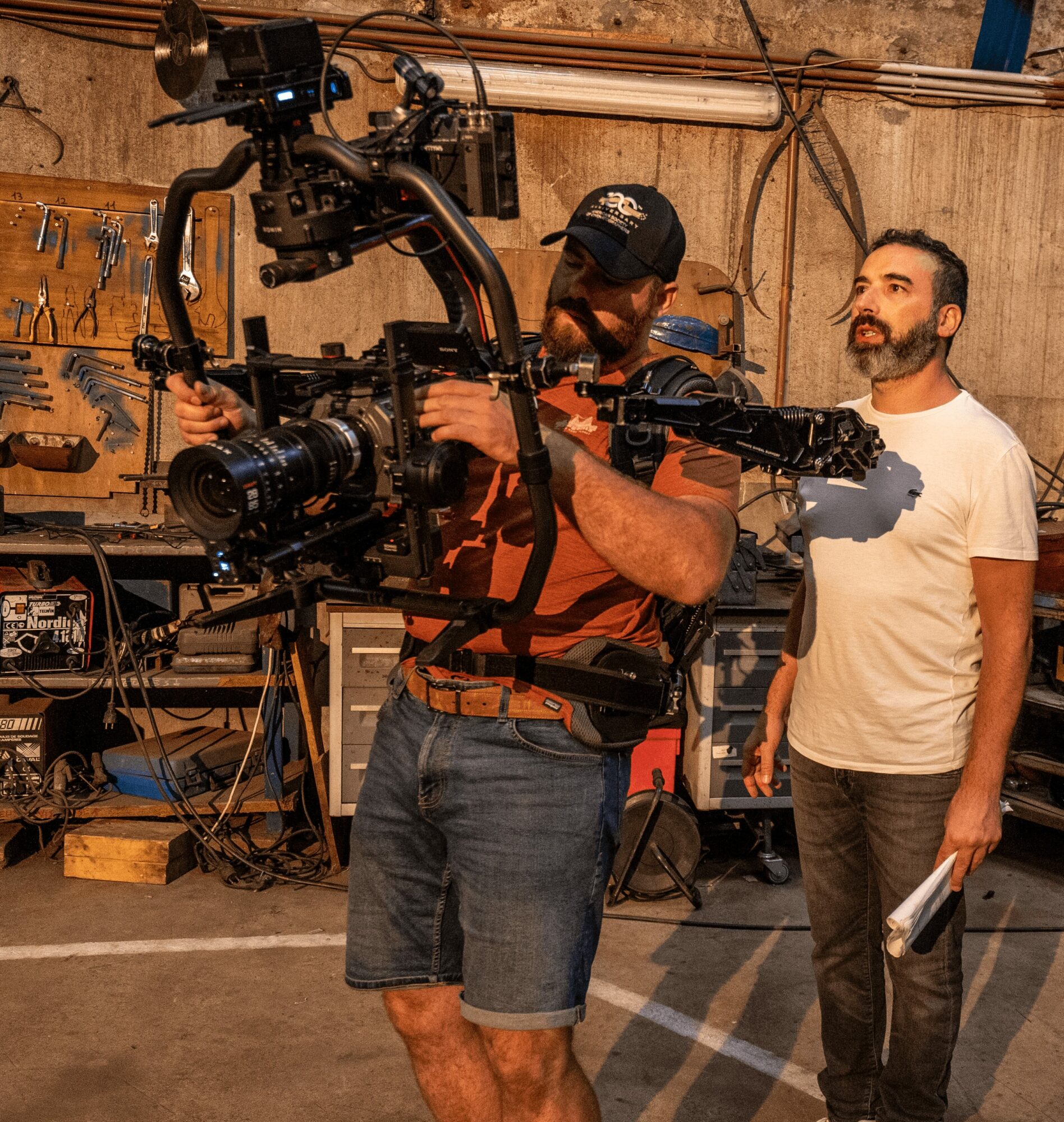
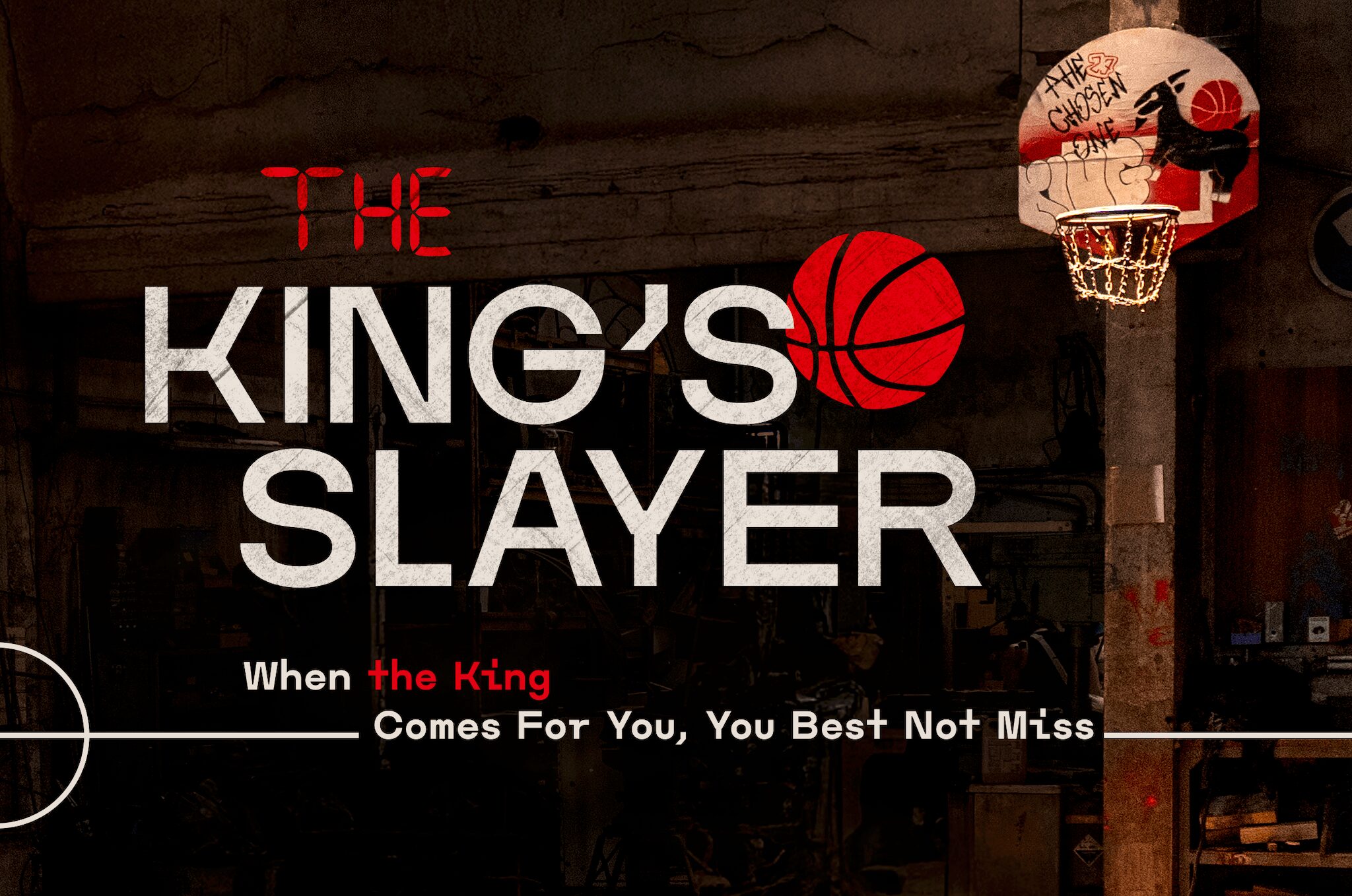
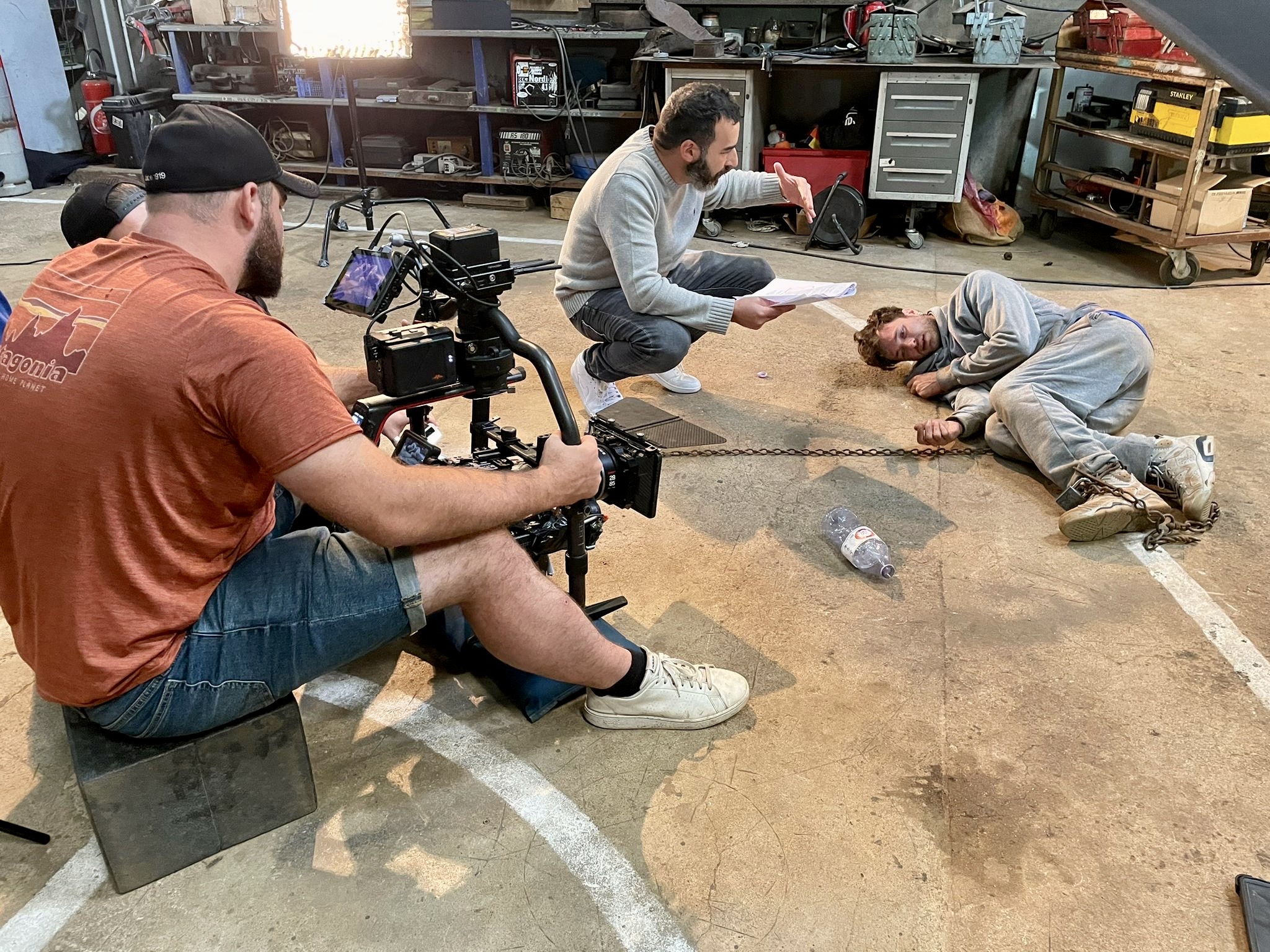
Image Credits
Photos by Louis Thierry Eva and Djamel Bennecib
Cover of At 36 by Djamel Bennecib
Poster of The King’s Slayer by Léa Texier














